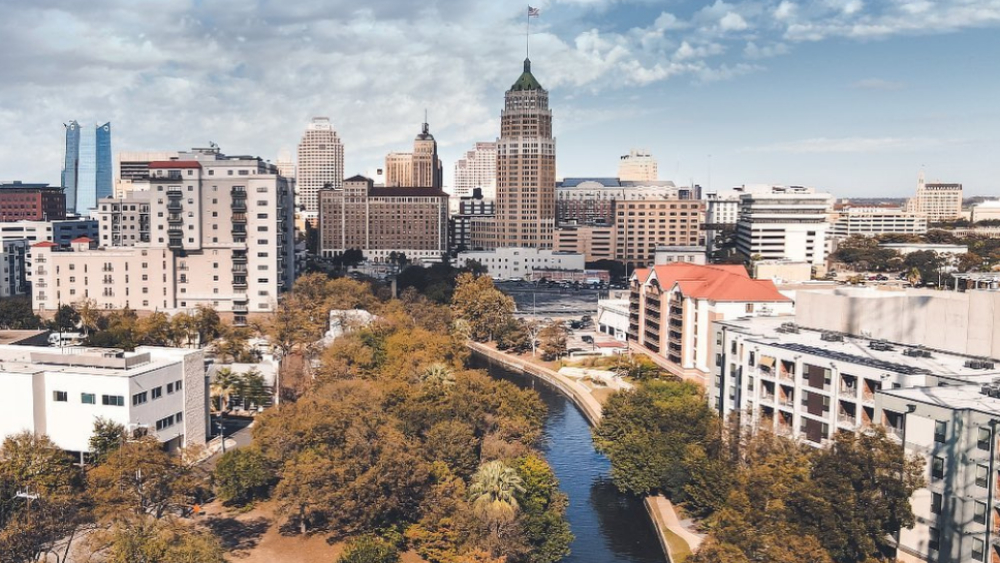Owning a home can rack up costs fast. Whether it’s a bathroom renovation project, foundation issues, pest control... the list goes on. One topic you may not be as familiar with? Rezoning.
We’re breaking down the details, having coffee with Senior Planner Valeria Seca, and showing you which San Antonio neighborhoods are currently undergoing the Large Area Rezoning process.
What is rezoning?
One word: Classification. Rezoning means that the classification of one’s property is changing. Think: industrial to residential, office to multifamily, etc.
It’s essentially a land use code that dictates what the owner can or can’t do to their property. Do you want to install a backyard ADU? What about an in-ground pool? Maybe converting your garage to a studio apartment? All of those ideas are under specific zoning codes.
Pro tip: Some neighborhoods in San Antonio have their own charter for zoning + land use codes. Such as Alamo Heights, Leon Valley, and Olmos Park to name a few.
An individual property owner can request their land to be rezoned through a process that involves civic applications, permits, engineers, and other expensive measures.
If you’re curious about your home’s zoning code, check out this online tool.
Large Area Rezoning
What if we told you the city could do this at no cost through your City Council representative?
Large Area Rezoning (LAR) occurs when codes are out of date and changes are needed to be more in line with the SA Tomorrow Comprehensive Plan.
This workflow is initiated by your homeowners association (if you have one) and a City Council district representative submitting a City Council Request. Once the request is approved, the LAR process is ready to proceed.
The process includes research, neighborhood association + public meetings, review, and a City Council hearing. Since this is being done by the city, it comes at no cost to the neighborhood’s residents.
Current projects
Neighborhoods that are currently undergoing the LAR process includes Harlandale-McCollum and Roosevelt Park.
Think your neighborhood codes are out of date? Bring it up at your local homeowner association meeting and engage in talks with your City Council district representative.












